How Moroccan Startups Are Embracing Industry 4.0 in Morocco?
)
Across Morocco, a new generation of startups is helping reshape the country’s industrial identity. Armed with bold ideas and new technologies, they are accelerating the shift towards Industry 4.0, a movement that merges intelligent machines, connected systems, and data-driven insight to make production smarter, faster, and more efficient.
This digital wave is transforming not only how factories operate but also how young Moroccan businesses scale, compete, and collaborate across borders. From predictive maintenance tools to AI-led quality checks, industrial startups are setting the pace for what’s next in North African manufacturing.
What Is Industry 4.0, and Why Does It Matter?
Often referred to as the fourth industrial revolution, Industry 4.0 combines technologies like artificial intelligence (AI), the Internet of Things (IoT), and real-time data systems to make factories more agile and more connected.
At its core, it’s a transition from reactive operations to proactive ones, where machines communicate, production lines self-correct, and decision-making is powered by data, not guesswork. Globally, this shift is already underway. A study by McKinsey found that 68% of industrial leaders now prioritise Industry 4.0, with a growing share actively piloting new technologies.
For Morocco, it presents a strategic opportunity, not just for modernisation, but for leadership.
How Moroccan Startups Are Applying Industry 4.0 Technologies
Across the country, entrepreneurs are building solutions tailored to the local context. Their tools are designed not for global giants but for the specific needs of Moroccan factories, smaller, agile, and often navigating legacy systems.
-
In the automotive sector, startups are deploying AI models to detect equipment wear before breakdowns occur.
-
In packaging and assembly, cobots (collaborative robots) help reduce errors and free up staff for more skilled tasks.
-
In energy-intensive industries, sensor networks are optimising resource use in real time.
What makes these initiatives stand out is their scalability. These aren’t just proofs of concept; they’re driving tangible productivity gains across sectors.
National Support for Automation in Industry
The government has placed automation in industry at the centre of its economic transformation agenda. Initiatives like the Fez Smart Factory project are providing startups with access to training, test beds, and infrastructure to pilot Industry 4.0 technologies.
Universities are aligning curricula with emerging industrial needs. And public-private partnerships are facilitating knowledge exchange, particularly around robotics, additive manufacturing, and digital twins.
Officials view this shift not only as a path to improved industrial output but as a means to drive employment, attract international investment, and position Morocco as a hub for smart production in the region.
Challenges on the Road to Industrial Transformation
While momentum is strong, challenges remain. Many startups face compatibility issues with outdated machinery, high costs of retrofitting, and limited access to technical talent. Integrating ERP (Enterprise Resource Planning) or MES (Manufacturing Execution Systems) remains difficult, especially for small factories.
Cybersecurity concerns and resistance to organisational change can also slow progress. Yet these hurdles are not insurmountable. Universities, incubators, and platforms such as WAM Morocco are helping bridge the gap, offering connections to vendors, mentoring programmes, and industrial support networks that ease the adoption curve.
Case Studies: Startups Leading the Way
Several ventures are already showcasing the impact of Industry 4.0 when it’s applied with precision:
-
One firm uses real-time analytics to monitor assets in automotive plants, reducing downtime significantly.
-
Another applies predictive algorithms for machine maintenance, extending lifespan and cutting repair costs.
-
Startups working in energy and materials management are helping reduce industrial waste through connected sensors and AI-powered tracking.
With backing from major players like OCP Group and interest from international investors, these companies are scaling their impact well beyond Morocco’s borders, demonstrating that local solutions can indeed meet global standards.
Collaboration as a Catalyst
Partnerships have proven essential. By working with universities, government institutions, and multinational tech providers, Moroccan industrial startups are gaining access to cloud services, 3D printing capabilities, and advanced automation tools.
Cross-border collaborations, such as Morocco’s engagement in regional digital coalitions, are also expanding access to capital and talent. These partnerships help mitigate common barriers like integration costs and training gaps, accelerating implementation and confidence.
Conclusion: Building Morocco’s Smart Industrial Era
The rise of Industry 4.0 in Morocco signals a bold shift in the country’s industrial journey. Startups are leading this charge, not by imitating foreign models, but by crafting solutions that fit local realities while meeting international expectations.
With continued investment, supportive policy frameworks, and access to enabling infrastructure, Moroccan innovators are not just responding to industrial transformation; they’re shaping it. And as they do, they’re helping build a smarter, stronger, and more globally connected manufacturing ecosystem, one innovation at a time.
FAQsQues: What are the key Industry 4.0 technologies used by Moroccan startups?
Ans: IoT sensors, AI-driven analytics, cloud platforms, cobots, and 3D printing tools are most commonly used, enabling smarter and faster production.
Ques: How does automation give startups a competitive edge?
Ans: Automation cuts manual effort, improves accuracy, and speeds up turnaround time, helping startups focus on innovation and quality.
Ques: Which sectors are adopting Industry 4.0 the fastest in Morocco?
Ans: Automotive, aerospace, and mining are at the forefront, thanks to their complex processes and high output demands.
Ques: What kind of government support exists for Industry 4.0 adoption?
Ans: Initiatives like the Fez Smart Factory, public-private training programmes, and tech grants are helping startups pilot and scale new systems.
Ans: Common hurdles include outdated infrastructure, high integration costs, skill shortages, and cultural resistance to tech-driven processes.


